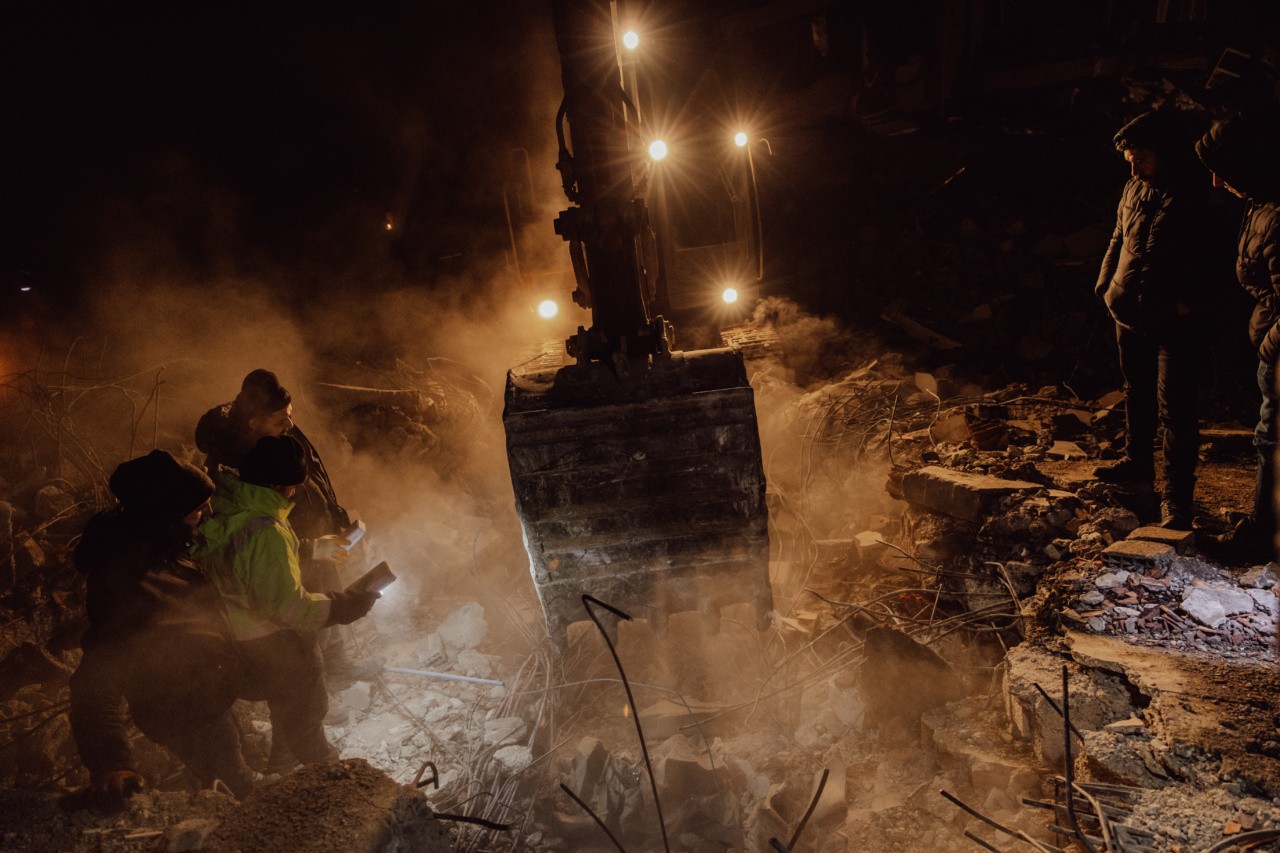Working night shifts has become a common trend among people, allowing them to earn extra income and have flexible work schedules. However, little do people know that working during the night can pose several risks to their health and well-being.
Insomnia and Sleep Disorders
One of the primary dangers of working night shifts is insomnia and other sleep disorders. Our body clock or circadian rhythm is set to respond to daylight and darkness, and working during the night can disrupt our natural sleep-wake cycle.
Studies show that working during the night results in lower quality and length of sleep, leading to sleep deprivation, insomnia, and other sleep disorders such as sleep apnea.
Digestive Problems
Another potential danger of working at night is digestive problems. Due to our circadian rhythm, our digestive system also follows a set pattern. It slows down at night when we are sleeping and becomes active during the day when we are awake.
Working night shifts can disrupt this balance and lead to indigestion, heartburn, acid reflux, and other digestive issues. Additionally, night shift workers are more likely to consume unhealthy foods and maintain poor dietary habits, which can further exacerbate digestive problems.
Injuries and Accidents
Working during the night can also increase the risk of accidents and injuries.
Night shift workers are more likely to suffer from fatigue, drowsiness, and decreased attention and alertness, which can compromise their ability to perform their job duties safely. They are also more prone to accidents, injuries from falls and slips, and suffer from burns, cuts, and other traumatic injuries due to inadequate visibility and light conditions.
Mental Health Issues
Working night shifts can also affect a person’s mental health and well-being.
Night shift workers are more likely to suffer from stress, anxiety, and depression due to the disruption of their circadian rhythm, lack of sunlight exposure, and social isolation. They may also suffer from mood swings, irritability, and other mental health problems, which can negatively impact their personal and professional lives.
Cardiovascular Risks
Another hidden danger of working night shifts is the increased risk of cardiovascular disease.
Studies show that night shift workers have a higher risk of developing cardiovascular disease, including heart attack, stroke, and other heart-related problems. This is due to the disruption of the normal patterns of physical activity, sleep, and dietary habits, which can lead to hypertension, high cholesterol, and other risk factors that contribute to heart disease.
Increased Risk of Cancer
Working night shifts has also been linked to an increased risk of cancer. Studies suggest that night shift workers have a higher risk of developing breast cancer, colon cancer, and other types of cancer.
This is due to the disruption of the natural patterns of melatonin production, a hormone that regulates sleep and other important bodily functions, which has been linked to cancer development.
Decreased Life Expectancy
Overall, working night shifts can significantly decrease a person’s life expectancy. Studies show that night shift workers have a higher mortality rate than those who work during the day.
This is due to the increased risk of accidents, injuries, and chronic illnesses that can develop from working during the night.
Conclusion
While working night shifts can provide financial benefits and flexible work schedules, it’s essential to be aware of the potential dangers to our health and well-being.
Employers and employees should take deliberate steps to mitigate these risks, including incorporating appropriate safety measures, having adequate lighting conditions, adopting healthy eating habits, and taking sleep breaks when necessary. With the right care and attention, working the night shift can be sustainable and safe for everyone involved.































